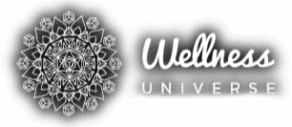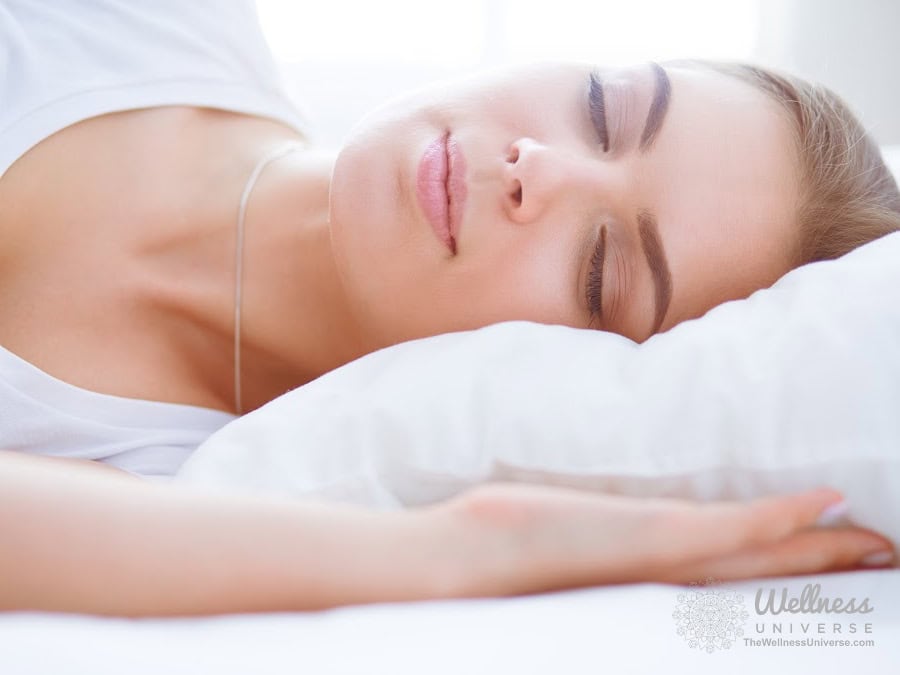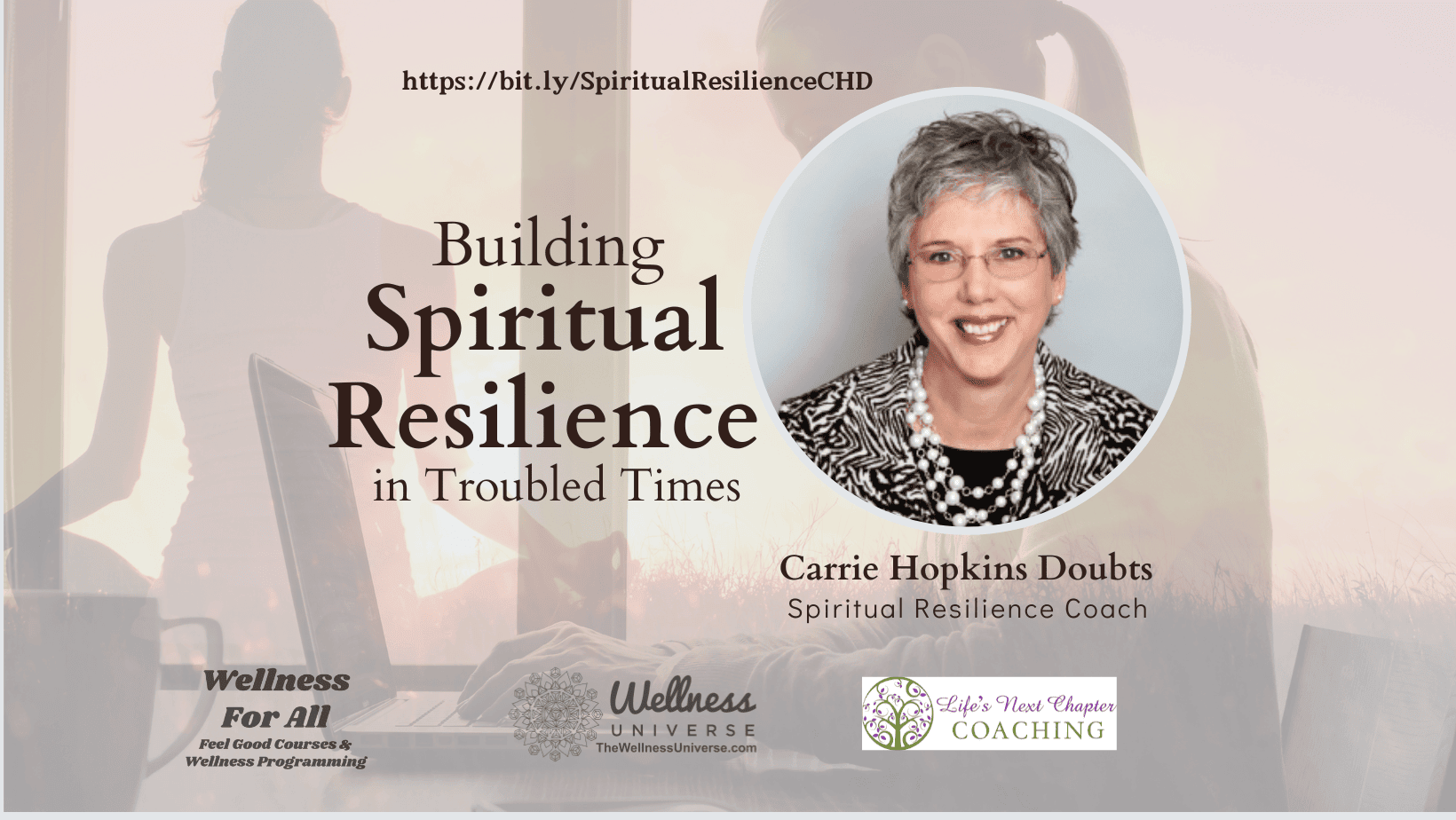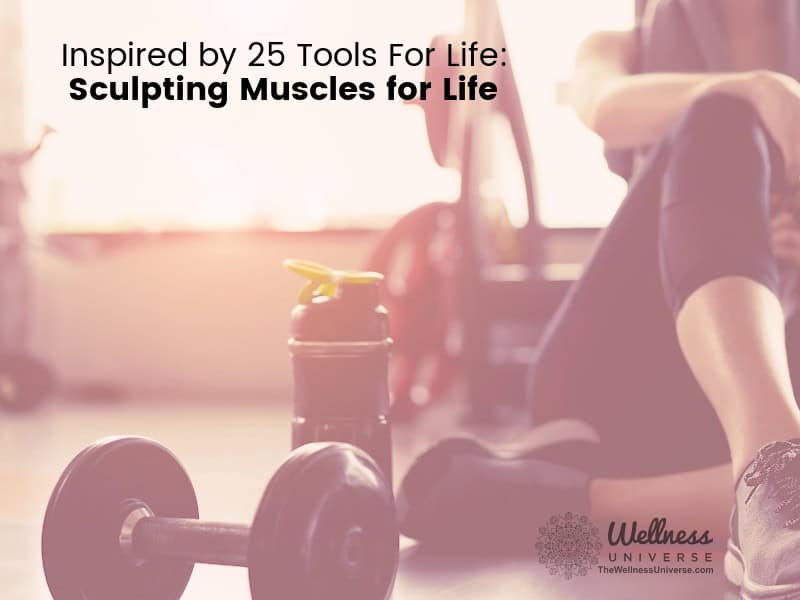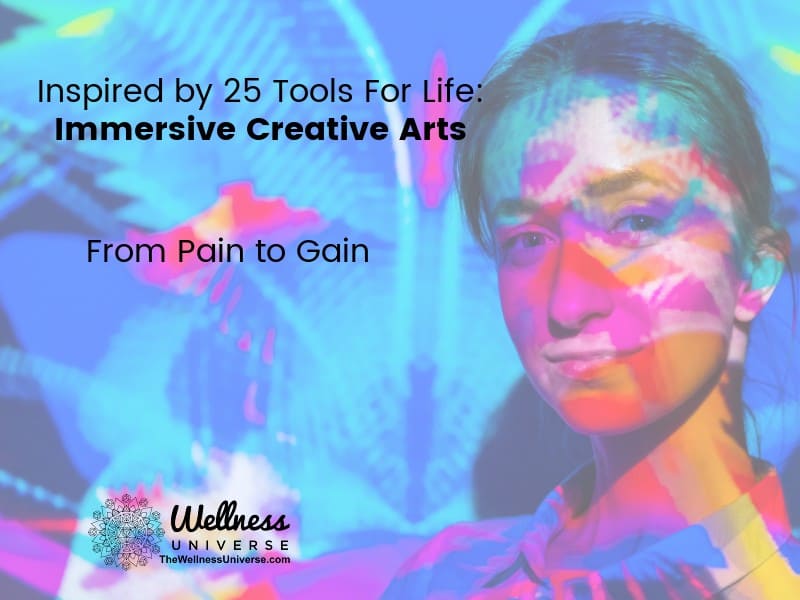Getting Better Sleep—Essential for Your Overall Health and Well-being
Tips that can help improve your sleep:
- Stick to a regular sleep schedule: go to bed and wake up at the same time every day, even on weekends.
- Create a sleep-conducive environment: Make sure your bedroom is cool, quiet, and dark. Use comfortable pillows and a supportive mattress.
- Avoid electronics before bed: The blue light emitted from electronic devices can interfere with your sleep. Try to avoid using electronics at least an hour before bedtime.
- Limit caffeine and alcohol consumption: Avoid consuming caffeine and alcohol close to bedtime. These substances can interfere with your sleep.
- Relax before bedtime: Practice relaxation techniques such as meditation, deep breathing, or taking a warm bath before bedtime.
- Exercise regularly: Regular exercise can help improve the quality of your sleep. However, avoid exercising too close to bedtime, as it may keep you awake.
- Avoid eating large meals before bedtime: Eating a heavy meal before bedtime can make it difficult to fall asleep.
- Manage stress: High levels of stress can make it difficult to fall asleep. Try to manage stress through activities such as yoga or meditation.
- Get plenty of natural light: Exposure to natural light during the day can help regulate your sleep cycle.
- Consider talking to a doctor: If you have trouble sleeping, talk to your doctor. They may be able to recommend treatments such as therapy or medication to help you sleep better.
Myths and False Remedies for Sleep
Examples of Myths and False Remedies that may actually do more harm than good:
- Drinking alcohol before bedtime: While alcohol may make you feel drowsy, it can actually disrupt your sleep cycle and lead to poor quality sleep.
- Sleeping pills: Sleeping pills may provide short-term relief, but they can be addictive and have side effects. They should only be taken under the guidance of a healthcare professional.
- Using electronic devices in bed: The blue light emitted from electronic devices can interfere with your sleep. It’s best to avoid using them at least an hour before bedtime.
- Taking a hot shower or bath before bed: While a warm bath or shower can help you relax, taking it too close to bedtime can actually raise your body temperature and make it harder to fall asleep.
- Sleeping in on weekends: While it may seem like a good idea to catch up on sleep on weekends, it can disrupt your sleep schedule and make it harder to fall asleep on Sunday night.
- Eating a heavy meal before bed: Eating a large meal before bedtime can make it harder to fall asleep and lead to indigestion.
It’s important to be aware of these false remedies and focus on evidence-based solutions to improve the quality of your sleep.
Connect with Carrie on The Wellness Universe.
All information, content, and material are for informational purposes only and are not intended to serve as a substitute for the consultation, diagnosis, and/or medical treatment of a qualified physician or healthcare provider. The information supplied through or on this page, or by any representative or agent of The Wellness Universe, is for informational purposes only and does not constitute medical, legal, or other professional advice. Health-related information provided through this website is not a substitute for medical advice and should not be used to diagnose or treat health problems or to prescribe any medical devices or other remedies. The Wellness Universe reserves the right to remove, edit, move, or close any content item for any reason, including, but not limited to, comments that are in violation of the laws and regulations formed pursuant to the Federal Food, Drug, and Cosmetic Act. None of the posts and articles on The Wellness Universe page may be reprinted without express written permission.
Building Spiritual Resilience in Troubled Times
Building spiritual resilience is the foundation for being able to bounce forward after dealing with life’s setbacks. This course is designed for wellness seekers and wellness professionals with clients experiencing the challenges of transition, loss, and grief. Course participants find respite within connecting to the part of themselves that is whole, creative, resourceful, and capable.
Register & learn more here – https://bit.ly/SpiritualResilienceCHD
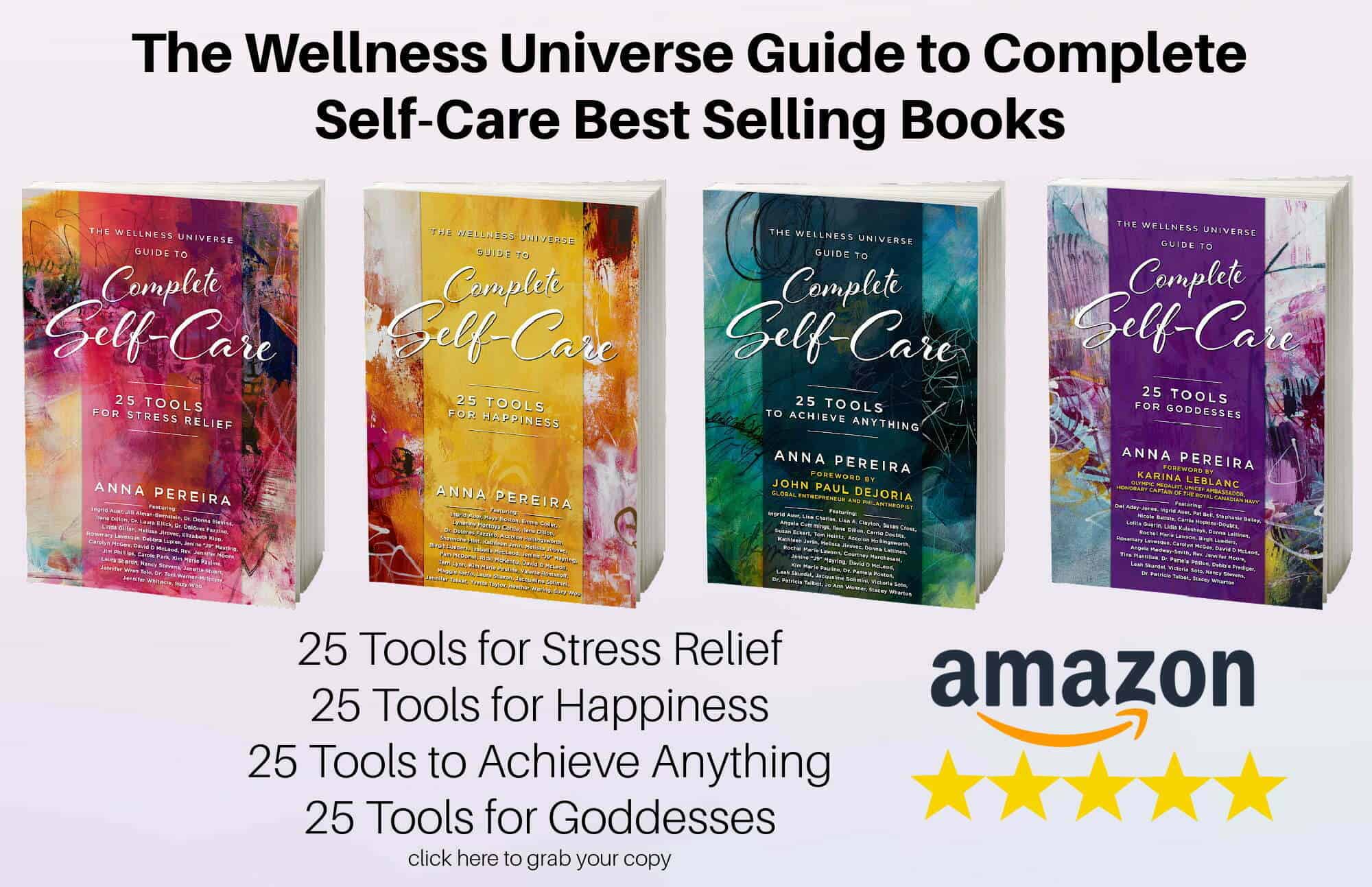
See how our self-care books are helping thousands of people around the world. Digital and paperback books are available now.
Connect to the people that help you live your best life: The Wellness Universe
Carrie Doubts is a Transformational Coach specializing in supporting people through life transitions. Her 9-step Program, Rebuilding Your Life After Loss, helps people to reconnect with their heart, reclaim their power, and re-align with their purpose to create their life’s next chapter.
